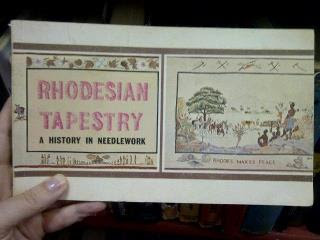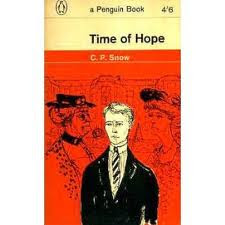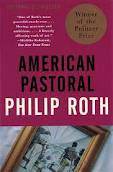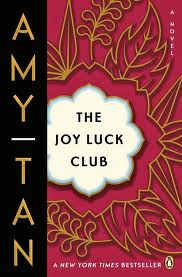I wasn’t stressed when I finished Trollope’s Barchester series, because I knew I had the whole Palliser series still to go. 6 books, 800 pages a book, surely I was good till well into my 40s? And now, somehow, oh god, I’ve almost finished all the Pallisers!
THE PRIME MINISTER is the second to last. I’m only in my 30s! What am I going to do! I’m running out of Victorians. This is terrible. I don’t know. Shall I start reading minor authors? Shall I start on people in translation? I never thought I’d reach the stage where the great partimony of world literature would start to look a bit thin.
THE PRIME MINISTER tells the story of Emily Wharton, who is much beloved of one Arthur Fletcher. She is however swept off her feet by another one, Ferdinand Lopez, and marries him in haste, regretting – in the traditional fashion – at leisure.
Ferdinand Lopez turns out to be a commercial adventurer, and gives us a very coherent explanation of today’s commodity bubble:
“If I buy a ton of coffee and keep it six weeks, why do I buy it and keep it, and why does the seller sell it instead of keeping it? The seller sells it because he thinks he can do best by parting with it now at a certain price. I buy it because I think I can make money by keeping it. It is just the same as thought we were to back our opinions. He backs the fall. I back the rise. You needn’t have coffee and you needn’t have guano to do this. Indeed the possession of the coffee or the guano is only a very clumsy addition to the trouble of your profession.” . . . Coffee and guano still had to be bought because the world was dull and would not learn the tricks of the trade as learnt by Ferdinand Lopez, – also possibly because somebody might want such articles, – but our enterprising hero looked for a time in which no such dull burden would be imposed on him.
Ferdinand commits suicide eventually, when he is ruined financially, which sadly most London bankers haven’t had the good taste to do. I was sorry to lose him, as he’s a fabulous character:
For he was essentially one of those men who are always, in the inner workings of their minds, defending themselves and attacking others. . . .He could not seat himself in a railway carriage without a lesson to his opposite neighbour that in all the mutual affairs of travelling, arrangement of feet, disposition of bags, and opening of windows, it would be the neighbour’s duty to submit and his to exact.
Emily now ought to have been happy but instead she wrapped herself in black and mourning not him so much as the ruin of her hopes and her (heavily implied) virginity. Lovely Arthur Fletcher keeps pursuing her, and I was in hell. I know Trollope well as a total bitch who won’t necessarily allow a happy ending (I am still scarred from this). But eventually he does. Hurray!
There’s also an entire parallel story with Lady Glencora Palliser, who we met in the first novel, and who has been appearing since. It’s like meeting old friends. Her husband is a rather failed Prime Minister, and we get lots of boring Corn Laws, Home Rule, etc etc in typical Trollope fashion. But we have to forgive him when we get letters from fathers like this:
Everett is well again, and as idle as ever. Your aunt Roby is making a fool of herself in Harrogate. I have heard nothing from Herefordshire. Everything is very quiet and lonely here. Your affectionate father, A Wharton
And this observation:
People seen by the mind are exactly different to things seen by the eye. They grow smaller and smaller as you come nearer down to them, whereas things become bigger.
Or this:
What beasts, what brutes, what ungrateful wretches men are! – worse than women when they get together in numbers enough to be bold.









